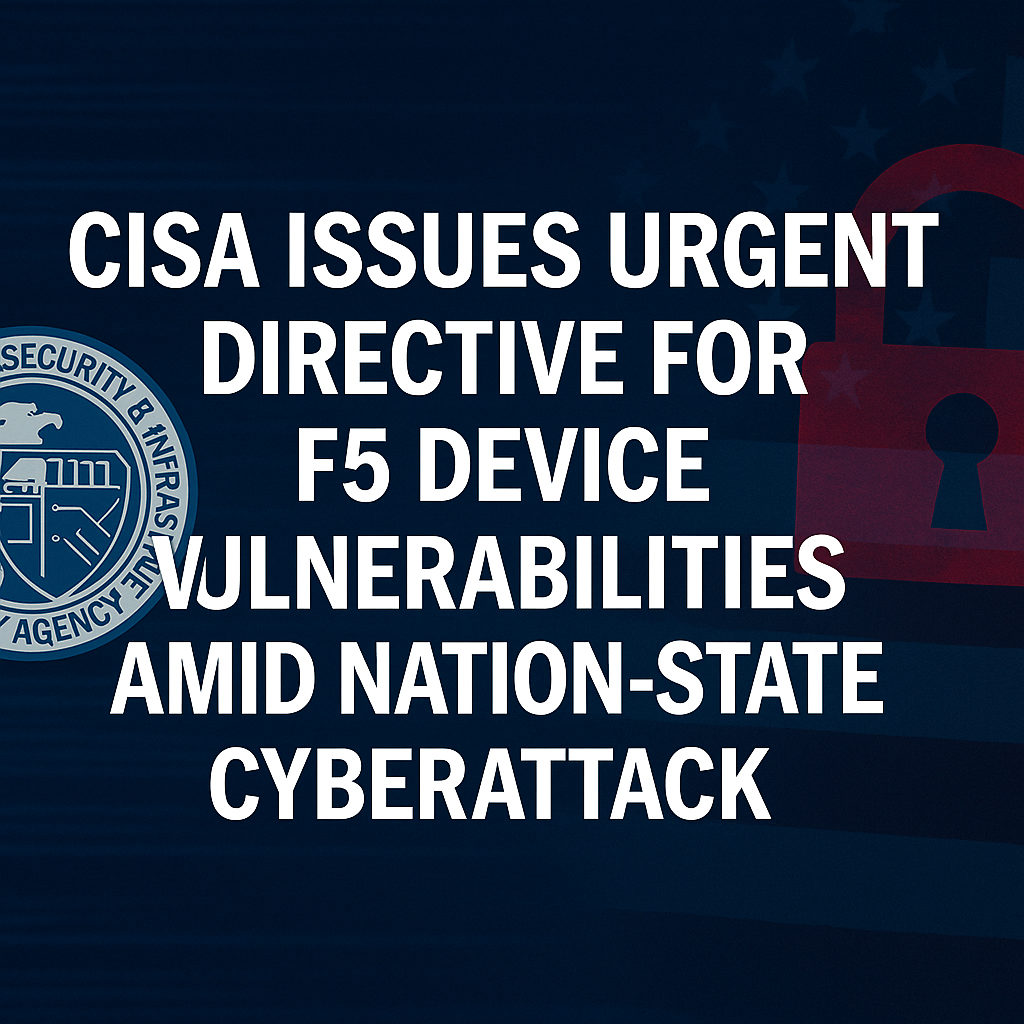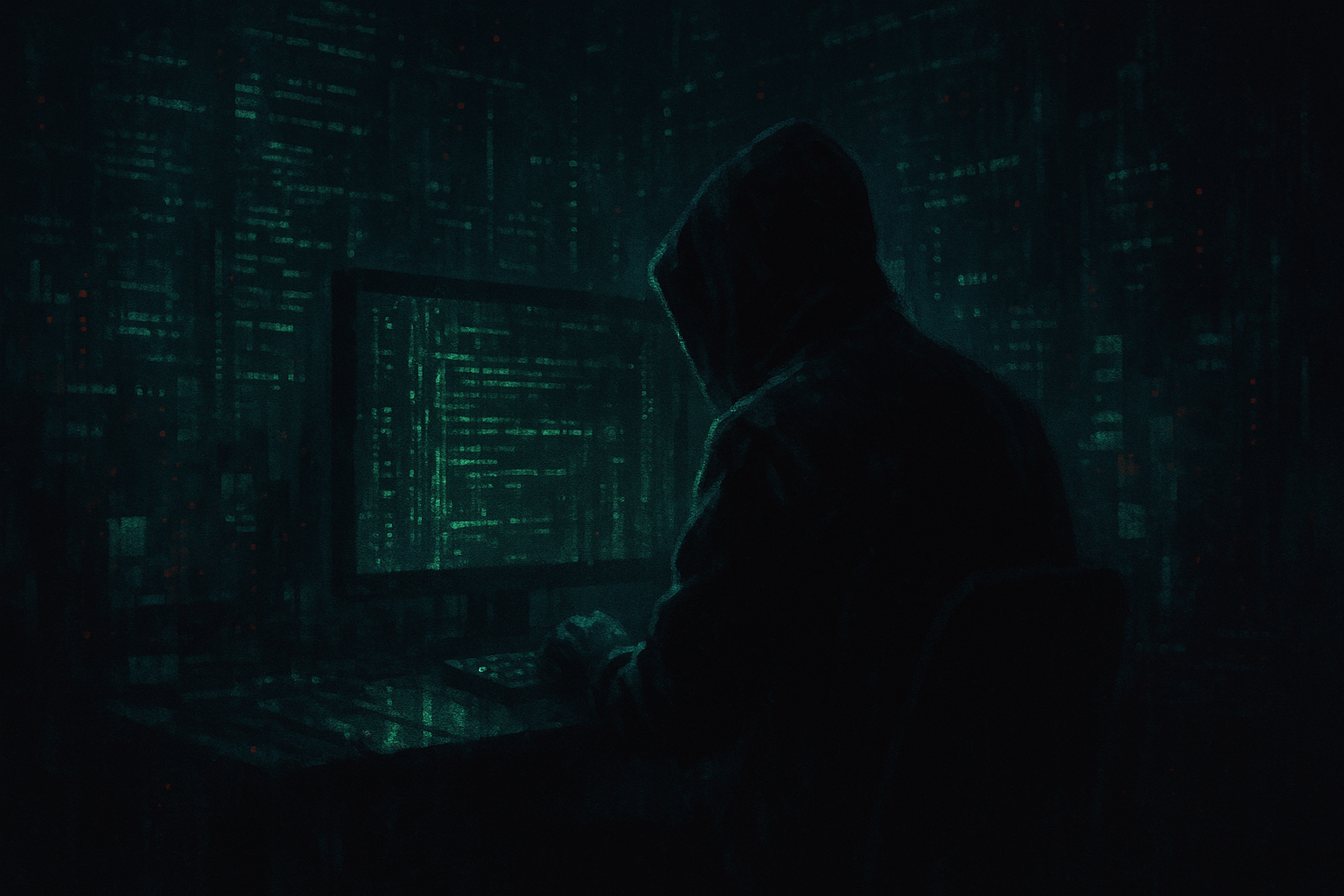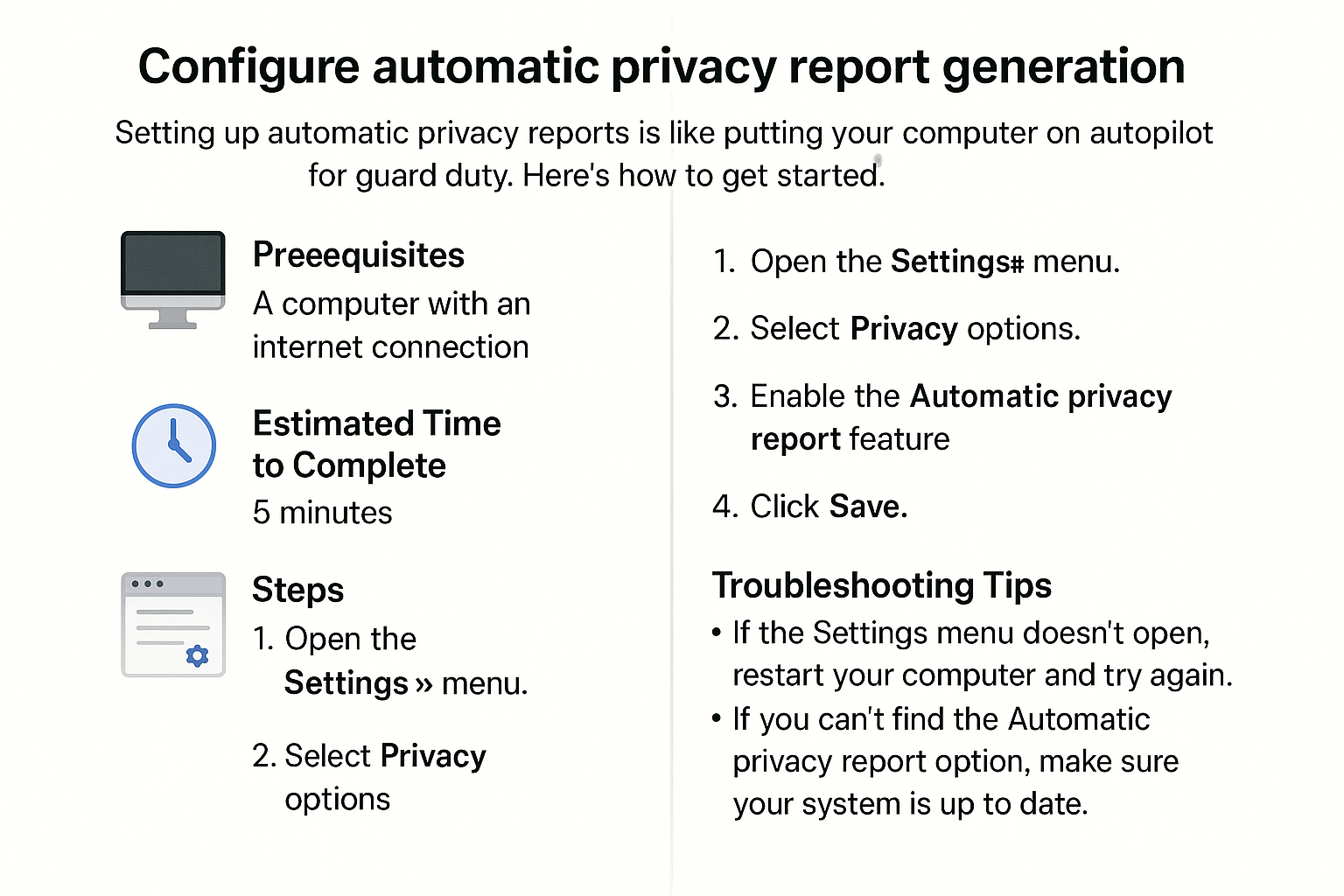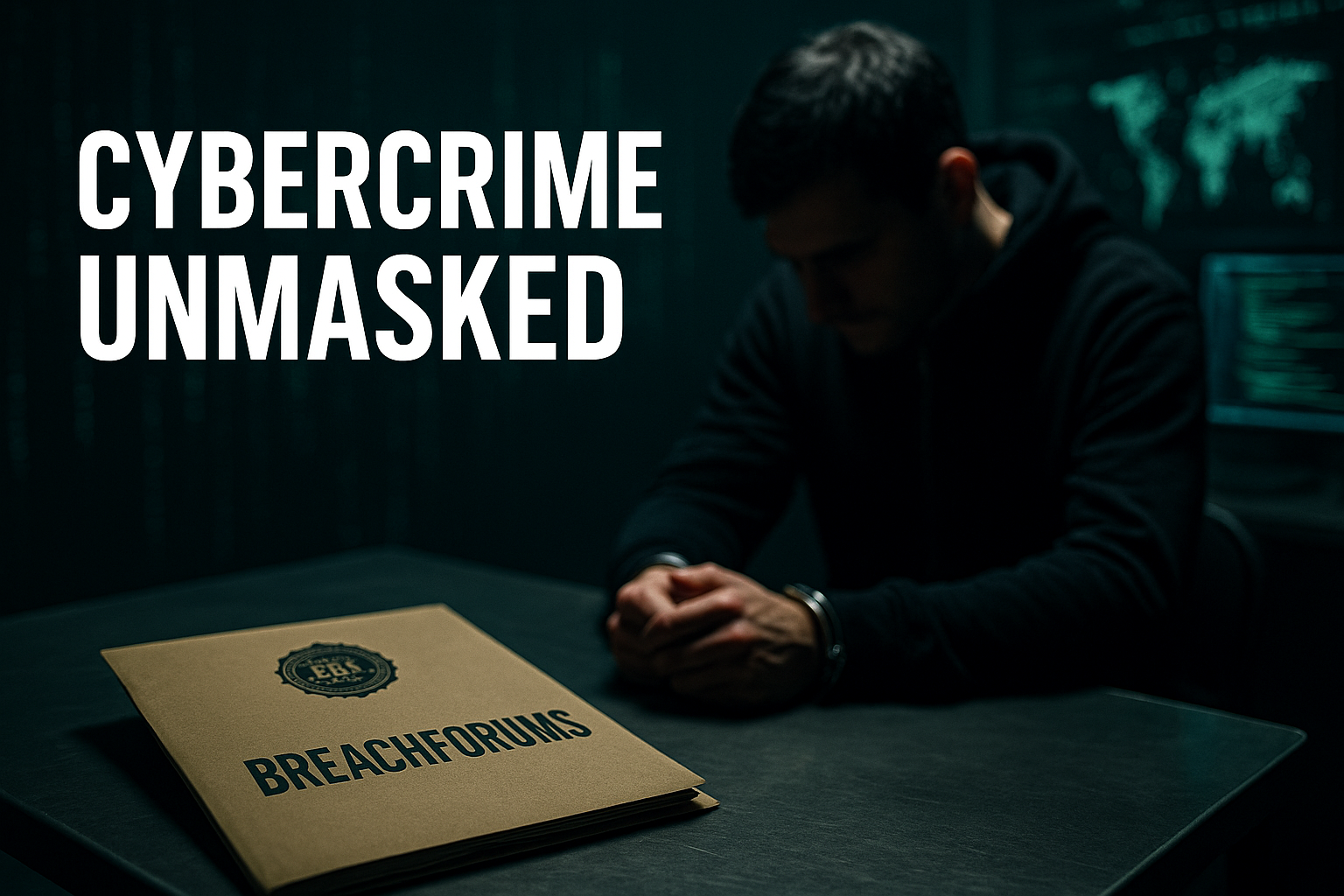Press Release: Crypto Influencer Charles O. Parks III Sentenced for Multi-Million Dollar Cryptojacking Scheme
Opening Context
In an era marked by the rapid adoption of digital currencies and advanced technology, a dark side lurks in the shadows: cybercrime. The rise of cryptocurrency has triggered an influx of new criminal schemes, among which cryptojacking stands out as one of the most deceptive and financially damaging. Cryptojacking involves the unauthorized use of someone else's computer resources to mine digital currencies, and the consequence can be overwhelming for the victims. The recent sentencing of Charles O. Parks III, a well-known crypto influencer, for operating a multi-million dollar cryptojacking scheme underscores the ongoing threat within the digital landscape.
Timeline / Background
Earlier today, Charles O. Parks III, also known as “CP3O,” was sentenced to one year and one day in prison by United States District Judge Eric Komitee in federal court in Brooklyn. Parks was convicted of wire fraud, money laundering, and unlawful monetary transactions after his elaborate scheme to defraud two leading cloud computing service providers came to light. From January to August 2021, Parks amassed over $3.5 million in computing resources while mining cryptocurrency worth nearly $1 million. His fraudulent activities were not only financially damaging but also undermined the integrity of the technology that millions rely on daily.
Parks's operation was exposed after an investigation led by the Federal Bureau of Investigation (FBI) and the New York City Police Department (NYPD). Following his guilty plea to wire fraud in December 2024, the legal proceedings rapidly unfolded, culminating in today's sentencing. Parks was also ordered to forfeit $500,000 and a luxury Mercedes-Benz, both acquired through his illicit activities.
Technical Details (in plain English)
The process through which Parks carried out his scheme is a clear example of cryptojacking, sometimes referred to as malicious cryptomining. This practice involves secretly hijacking another party's computational capacity—often through cloud computing services—to mine for cryptocurrencies like Bitcoin, Ether, and Monero without the legitimate owner's consent.
In his operation, which he falsely marketed as a digital training service, Parks created multiple fraudulent accounts with prominent cloud service providers. By utilizing various fictitious corporate identities and deceptive email addresses, he was able to defraud these companies out of computing power that was never paid for. When questioned about his account's suspicious activity, Parks provided false justifications, claiming he was developing a global online training company aimed at helping thousands of students. However, these claims turned out to be complete fabrications aimed at obscuring his true intention: to use the stolen resources for mining cryptocurrency.
Once he acquired this computational power, Parks proceeded to convert mined cryptocurrency into cash using various exchanges and online services. He went as far as to launder the proceeds to avoid detection, taking measures to sidestep federal transaction reporting requirements. His extravagant lifestyle, funded by the fruits of his illicit scheme, was highlighted by possessions such as expensive jewelry and first-class travel experiences, further illustrated by his boastful social media presence.
Broader Context
Parks’ case isn’t an isolated incident but reflects a growing trend in cybercrime linked to cryptocurrency. Between 2019 and 2023, cases of cryptojacking surged as cybercriminals realized how lucrative it could be to hijack computing resources. Similar operations have led to serious financial repercussions for various sectors, especially when companies unwittingly pay for resources that are effectively stolen.
The rise of remote work during the pandemic also contributed to vulnerabilities, making it easier for hackers to exploit cloud computing resources. The public should thus remain vigilant, as businesses increasingly rely on cloud services to operate their core functions.
Expert/Agency Input
As stated by Joseph Nocella, Jr., U.S. Attorney for the Eastern District of New York, Parks tried to brand himself as a legitimate innovator in the crypto space but ultimately proved to be a fraudster. “This Office remains committed to prosecuting criminal actors who take advantage of new, sophisticated technologies to engage in fraud and deceit,” he said.
FBI Assistant Director Christopher G. Raia added, “While Parks gloated across social media platforms, he failed to mention his purported success was rooted in deceit and theft.” These remarks resonate with cybersecurity experts who emphasize the importance of robust monitoring and transparency in using cloud resources.
Impact
For the average user and businesses, such criminal schemes pose serious risks. Not only do they lead to financial losses, but they can also compromise the performance of cloud services that countless users rely on. The broader implications extend into the realm of trust; stakeholders must feel secure that the technology they use is not being manipulated by malicious actors. With over $3.5 million lost in this case alone, the financial repercussions are substantial and highlight the need for more rigorous security protocols.
What Readers Can Do
For everyday users and businesses, safeguarding against cryptojacking begins with heightened vigilance. It is crucial to implement strong security measures, including:
- Regularly updating system software and applications.
- Employing multi-factor authentication (MFA) for all accounts.
- Monitoring cloud usage closely to detect any unusual activity.
- Educating employees and users about the risks of cryptojacking.
- Maintaining robust cybersecurity practices, including firewalls and anti-virus software.
Closing
The sentencing of Charles O. Parks III serves as a stark reminder of the escalating threat posed by cybercrime in the cryptocurrency domain. As technological advancements continue to evolve, so too do the tactics used by criminals. It is imperative that users and organizations alike stay informed and proactive in protecting themselves from threats like cryptojacking to sustain trust in digital ecosystems.
References
- U.S. Department of Justice Press Release, August 15, 2025
- Federal Bureau of Investigation Public Statements
- New York City Police Department Reports











